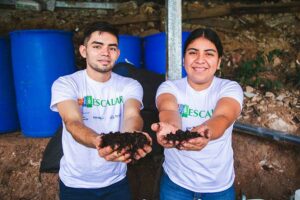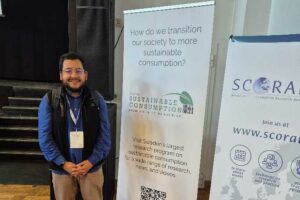Cocoa leaders propose solutions to address challenges of modern cocoa cultivation in Latin America and the Caribbean
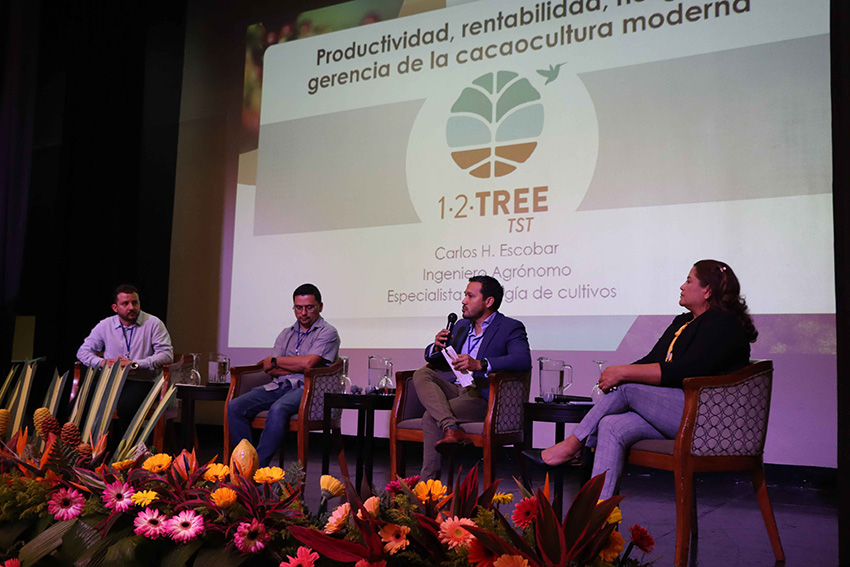
- These guidelines are expected to be considered in the regional cocoa sector's plans and strategies.
September 5, 2023. A proposal of actions and guidelines to address the challenges facing the cocoa sector in Latin America and the Caribbean was the outcome of the Latin American-Caribbean Cocoa Forum, held from August 30th to September 1st in Costa Rica.
During the event, over a thousand leaders and stakeholders from the Latin American and Caribbean cocoa sector convened, both in person and virtually, to exchange knowledge, innovations, and best practices. The goal is to promote a profitable and sustainable cocoa production, contributing to the national and regional plans of the sector.
Challenges identified include the lack of research on climate change clone indicators, the costly access to certified genetic material, and low productivity. Additionally, the need to comply with zero deforestation regulations was discussed.
The proposed actions and guidelines encompass the evaluation and selection of rootstock for grafting, the publication of catalogs of promising clones, and the exploration of reciprocal exchanges between countries.
Highlighted measures include the widespread adoption of early grafting techniques, the creation of agronomic calendars by area, and updated information on ecosystem services.
There was an emphasis on the need to encourage participation from all stakeholders in the chain, strengthen the positioning of the cocoa sector, identify key players to meet regulations, and explore projects that document the non-loss of forests.
The forum was organized by CATIE (Tropical Agricultural Research and Higher Education Center), the Korea-Latin America Food and Agriculture Cooperation Initiative (KoLFACI), and the Cocoa Committee of Central America and the Dominican Republic (SICACAO). Additionally, it received financial support from Rikolto, the Swiss Agency for Development and Cooperation, through SICACAO, Mars, and the MOCCA program.
International experts presented 27 papers, and group discussions and strategies were held to strengthen national and regional cocoa plans.
Topics covered included cocoa genetic improvement for resilience and adaptation to climate change, productivity and profitability of modern cocoa cultivation, deforestation due to cocoa and its market risks in Europe and the US, contamination risks in cocoa (heavy metals) and remediation strategies, quality standards, and strengthening institutional and associative capacities in the region.
As part of the topics, the Regional Cocoa Strategy was introduced, aiming to promote competitive and sustainable development in the economic, social, cultural, and environmental realms of the cocoa subsector in the countries of the Central American Integration System (SICA).
Additionally, studies and experiences from regional entities such as CIRAD, Bioversity-CIAT, FHIA from Honduras, ESPOL from Ecuador, World Cocoa Foundation, FEDECACAO, CONACADO, Cacao Verapaz, as well as public and private entities such as Mars-La Chola from Ecuador, 12Tree from Colombia, INIFAP from Mexico, Rausch Cacao, and INTA from Costa Rica were presented.
During the forum, Muhammad Ibrahim, director general of CATIE, highlighted the current challenges of cocoa in environmental, productive, and institutional dimensions and the importance of proposing solutions.
For his part, Albert Sánchez, representative of SICACAO, stressed the Committee's utmost importance that the forum's results and the studies conducted are presented in an easily digestible and understandable manner to those who, in practice, uphold and need all the knowledge generated by the scientific community and other experienced participants in the forum.
These proposals aim to create a positive impact on the sustainability and modernization of the cocoa sector in Latin America and the Caribbean.
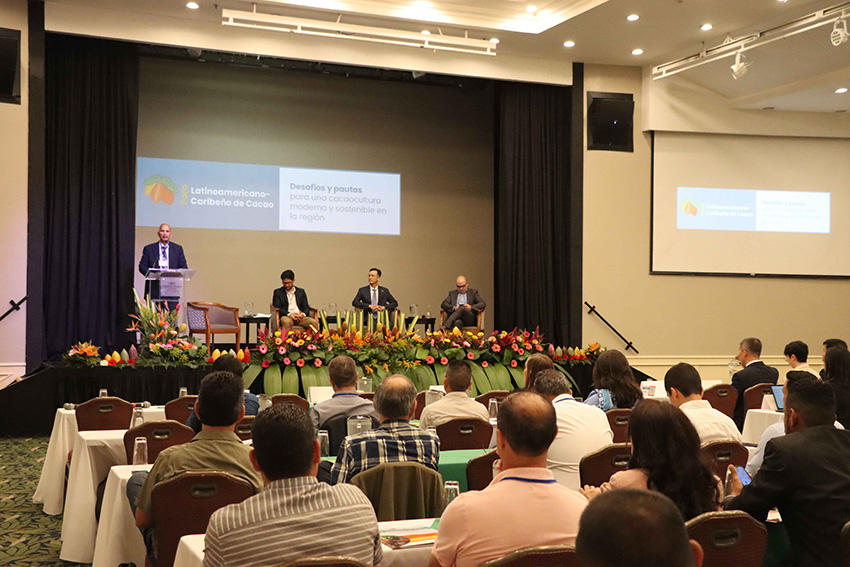
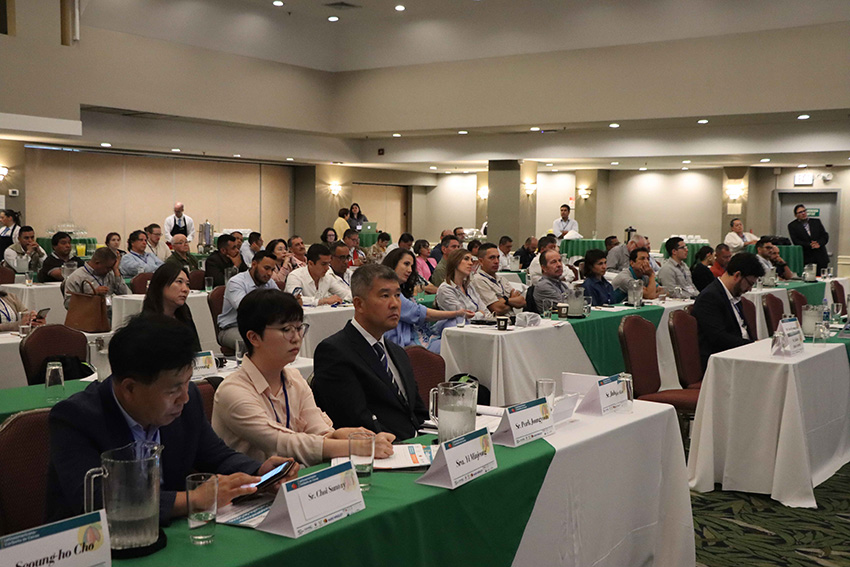
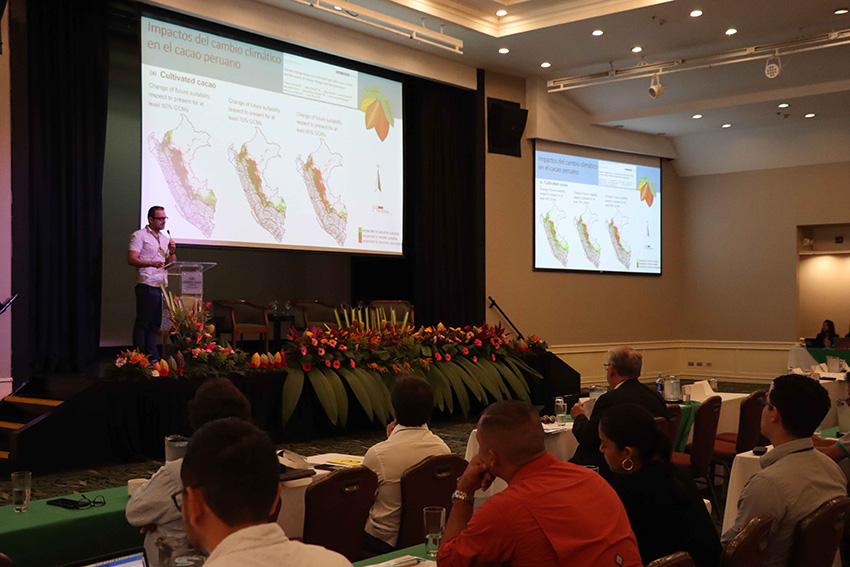
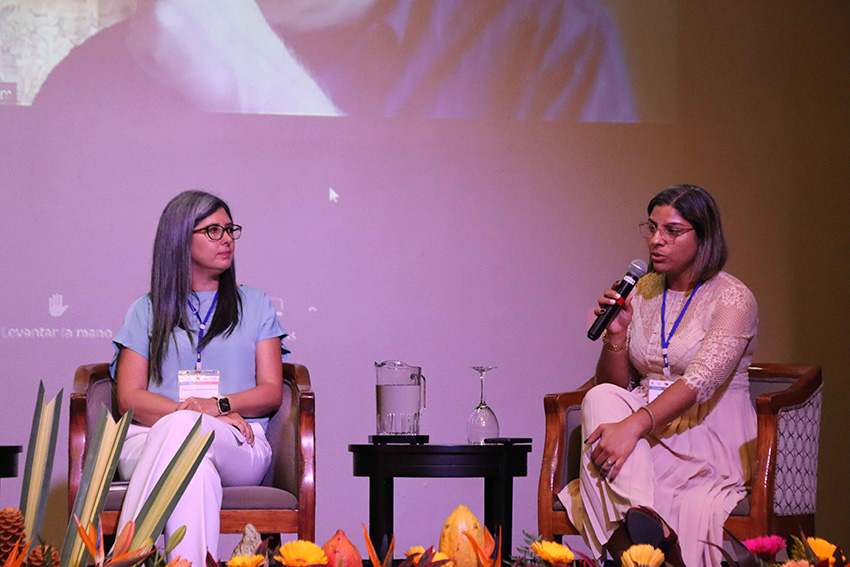
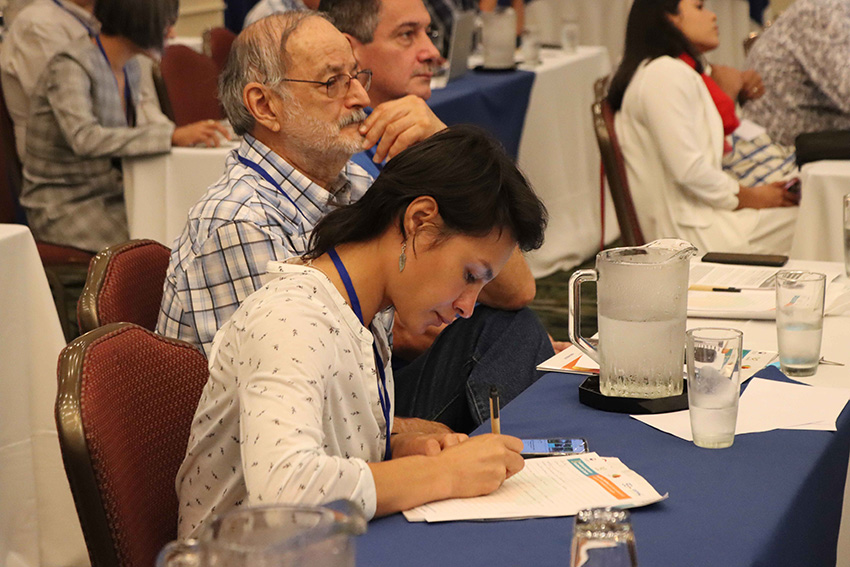
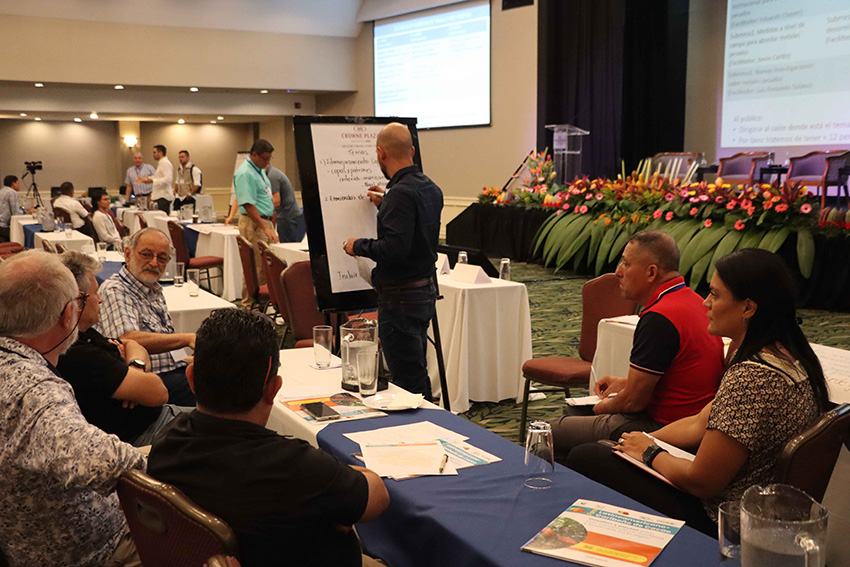
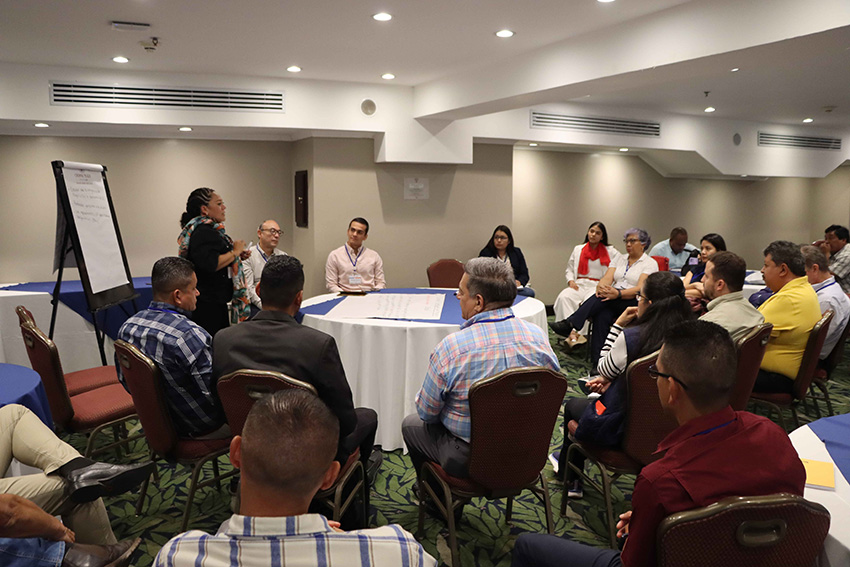
More information:
Luis Orozco
Researcher
Agroforestry and Coffee and Cocoa Genetic Improvement Unit
CATIE
Written by:
Karla Salazar Leiva
Information Technology and Communication
CATIE

